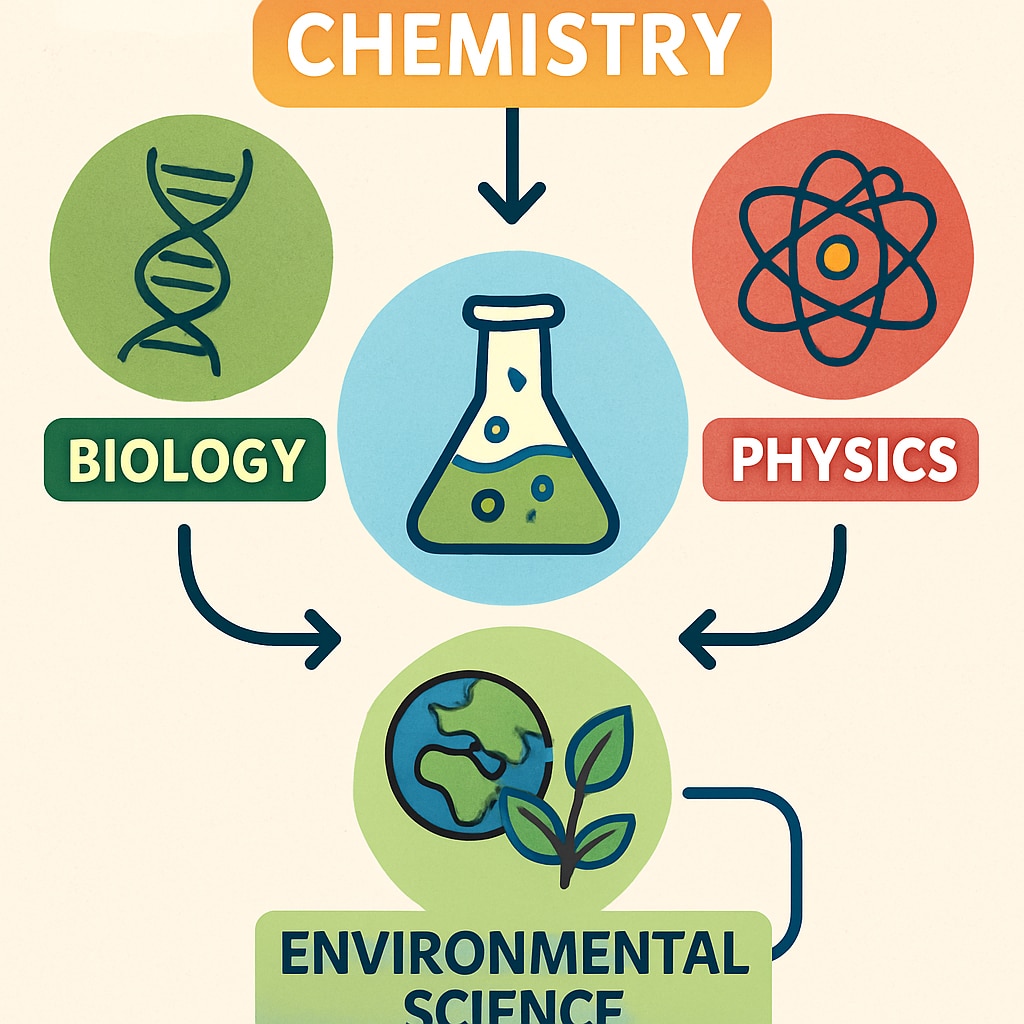Chemistry research projects for high school students offer exciting opportunities to explore scientific mysteries and develop critical thinking skills. For those beginning their scientific journey, selecting the right topic is crucial for both learning experience and project success. This guide presents practical strategies to identify suitable chemistry research topics that align with student interests and available resources.
Identifying Your Chemistry Research Interests
Before selecting a project topic, students should consider their personal interests within chemistry. Some potential focus areas include:
- Environmental chemistry (water quality analysis, air pollution studies)
- Food chemistry (nutritional analysis, food preservation methods)
- Materials science (nanotechnology applications, biodegradable materials)
- Medicinal chemistry (natural remedies, drug interactions)

Interdisciplinary Chemistry Project Ideas
Combining chemistry with other scientific disciplines often yields innovative project possibilities. Consider these cross-disciplinary approaches:
- Chemistry-Biology: Study enzyme activity under different conditions (Enzyme kinetics on Wikipedia)
- Chemistry-Physics: Investigate electrochemical cell efficiency
- Chemistry-Environmental Science: Analyze soil pH effects on plant growth
For example, a project examining the chemistry of photosynthesis combines biological processes with chemical analysis. The photosynthesis process described on Britannica provides excellent background information for such studies.

Practical Considerations for High School Research
When planning chemistry projects, students must evaluate practical aspects:
- Available equipment and laboratory access
- Time requirements for experimentation
- Safety protocols and proper supervision
- Budget for materials and chemicals
Simple yet meaningful projects often yield better results than overly complex ones. For instance, testing household substances for acidity using pH indicators requires minimal equipment but teaches important chemical concepts.
Readability guidance: Use short paragraphs and lists to summarize key points; include transition words naturally; maintain active voice for clearer communication.


